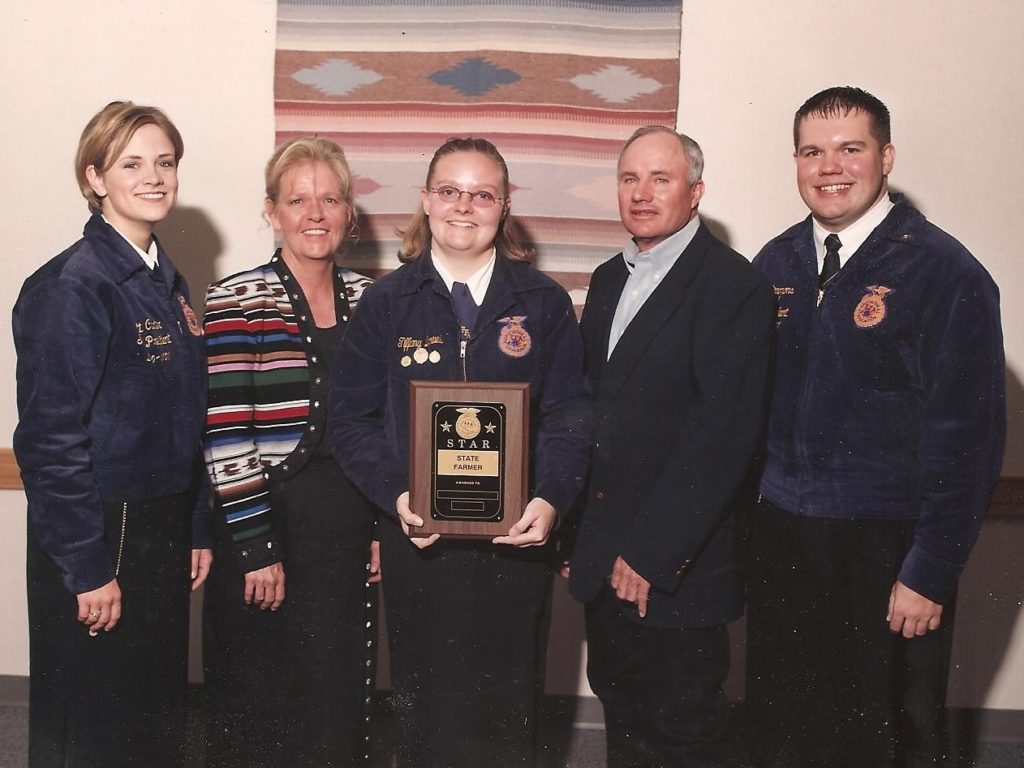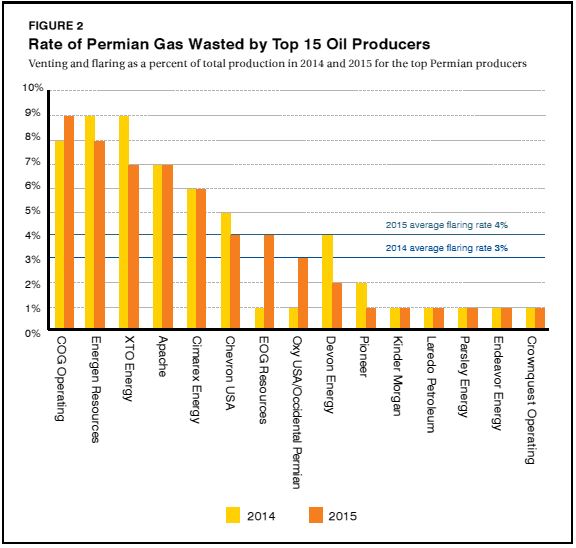Originally published by The Law Office of Bryan Fagan, PLLC Blog.
Families are structured differently now than in previous generations. The “nuclear” family that has been exhaustively discussed and written about since the end of World War II. We now see families where parents are not always married, single family homes becoming more and more prevalent and extended family living and having an important role to play in the life of children. As our office can attest to, children are being raised not only by extended family but also by step-family.
With this all being said, it is reasonable to ask what rights grandparents have to visitation with the children that have been a part of their lives. Parents have certain rights and duties that are inherent in their relationship to their children and are protected under the laws of the State of Texas. Are the same rights and duties made available to grandparents?
Suppose that you are a grandparent who has been out of your grandchild’s life for years because either your child or your child’s spouse has not wanted you involved. This has got to be extremely painful to have to deal with. The laws in Texas give great deference to parents and assumes that whatever decisions that they make in regard to your grandchild that they are doing so with the best interest of the child in mind. This means that absent evidence to the contrary, that you can be denied visitation with your grandchild by a court.
The rationale for this is that the State of Texas does not have a good enough reason in most circumstances to intercede into the private life of a family in order to create orders regarding grandparent visitation. If your child’s parents are making a decision for your grandchild it is expected that there is a legitimate and warranted reason for doing so. This is not to say that it is impossible to be given visitation rights if you are a grandparent. This is particularly true if you are a grandparent who previously played a large role in your grandchild’s life such as if you helped to raise the child or perhaps the child lived with you in your home.
This past year our office represented a set of grandparents who, through multiple cases, were able to win conservatorship rights to both of their grandchildren. Let’s discuss their story.
A story in two parts: Grandparents achieve success in family law cases
Early in 2017 two grandparents came into our office to speak to us about representing them in a family law case. They had two grandchildren that were living with their mother and their mother’s sister here in Houston. Their son, the children’s father, was in prison serving an extended sentence for a serious crime. The children’s mother was likely to meet the same fate when her trial was held later in 2017 regarding the same crime that put their son behind bars.
Caught in the middle of all of this were our clients’ grandchildren. These folks played a large role in their grandkids’ lives before their mother decided, abruptly, to not allow the grandparents access to the children anymore. The kids were distraught as were our clients. They shared photos of family events beginning from the time the children were born and it was clear that our clients had played a huge role in helping these kids grow up with some normalcy despite their difficult circumstances.
A plan that our attorneys created with these grandparents was to first establish that they had a relationship with the children sufficient to warrant their bringing a family law case for visitation or conservatorship rights. This is a concept known as “standing.” Not just anyone can file a Suit Affecting Parent Child Relationship in Texas. To do so you must show that you have significant contacts with the child, i.e. a good reason to do so. Once we saw that we would be able to show these past significant contacts, we moved forward and filed a petition to seek visitation rights for the grandparents.
As most SAPCR cases go, we attended mediation prior to ever seeing a judge. We were fortunate to able to work with an experienced, smart mediator who helped our clients understand that just because they were not necessarily in a position to be named conservators of their grandchildren at this stage, it was not impossible to do so later on. Our clients settled on getting a weekend’s worth of visitation with their grandchildren in addition to holiday time around Thanksgiving and Christmas.
Months later after it was apparent that the children’s mother was heading to prison, our clients came back and re-filed a petition to seek conservatorship rights over their grandchildren. This meant that they were seeking to share in the rights and duties in raising their grandchildren, rather than having mere visitation rights. Prior to ever having to go before a judge the children’s mother agreed to allowing a court to extend these rights to our clients. Our clients’ son never answered the lawsuit and was thus prevented from weighing in on the situation.
Ultimately, our clients not only were named as joint managing conservators of their grandchildren but they were able to win the right to determine the primary residence of their grandchildren. This means that they could choose where their grandchildren would be living primarily. This was an ideal situation and while not every case can be like this one, many can and have been. It took equal parts good luck, good lawyering and patience from the clients.
What factors would a court consider when determining whether or not to award custody rights to grandparents?
Suppose for a moment that our clients and their grandchildren’s mother did not settle out of court and the case had to be taken to trial. How would a judge approach the question of whether or not to award custody rights to a grandparent?
It is difficult to win custody rights to your grandchildren unless one of the parents voluntarily terminates their own parental rights or the court determines either parent (or both) to be unfit. Past contact with the children, age, physical well being and future ability to care for the grandchildren are all relevant factors that I believe a court would consider.
What we in the family law world see happen with some frequency is a grandparent who is raising their grandchild on an informal basis. This means that there has been an agreement in place (usually verbal) that allows the grandparent to care for a child while their parents are unavailable or unwilling to do so. These agreements can go on for years and years before a parent or grandparent seeks to formalize or change the arrangement. If you are a grandparent who has cared for your grandchild for years only to have a parent try to take him or her from you that may be a situation where you want to file for court ordered visitation, possession and conservatorship rights.
Mediation- A great alternative to litigation and trial
The vast majority of family law cases in Texas never see the inside of a courtroom or proceed to a trial. This is due in large part to the role that mediation plays in the negotiation process. If you have concerns about how long or how expensive a divorce or child custody case can get then mediation is an alterative to that may be able to encourage settlement and shorten the length of your case. We will discuss this topic in greater detail tomorrow.
In the meantime, if you have any questions regarding your particular family law related circumstances please consider contacting the Law Office of Bryan Fagan, PLLC. We offer free of charge consultations with one of our licensed family law attorneys six days a week. A consultation in our office is a great opportunity to learn more about the legal process and how it would impact your situation. We take great pride in providing information that can allow you to make good decisions on the next steps you can take to reach your goals no matter what they might be.
Curated by Texas Bar Today. Follow us on Twitter @texasbartoday.
from Texas Bar Today https://ift.tt/2IICase
via
Abogado Aly Website

 The parties and their successors always treated the Suggs Deed as conveying 301 acres, not 147. Nevertheless, in 2008 Samson Oil and Gas asked Jamie Ellison (who had acquired a mineral lease on the Northwest Tract), to sign a letter confirming acceptance of a Boundary Stipulation purporting to resolve the discrepancy in the Suggs Deed. The Boundary Stipulation would have moved the property line to a new location consistent with an original conveyance of just 147 acres, but neither it nor the letter contained words of conveyance. The letter promised a more formal and recordable document after his acceptance. No such document was prepared, but the letter accompanying the Boundary Stipulation was signed by Ellison.
The parties and their successors always treated the Suggs Deed as conveying 301 acres, not 147. Nevertheless, in 2008 Samson Oil and Gas asked Jamie Ellison (who had acquired a mineral lease on the Northwest Tract), to sign a letter confirming acceptance of a Boundary Stipulation purporting to resolve the discrepancy in the Suggs Deed. The Boundary Stipulation would have moved the property line to a new location consistent with an original conveyance of just 147 acres, but neither it nor the letter contained words of conveyance. The letter promised a more formal and recordable document after his acceptance. No such document was prepared, but the letter accompanying the Boundary Stipulation was signed by Ellison.



 10.
10. 

 Highly compensated individuals may have a laundry-list of deferred compensation awards going out over many years. Sometimes these compensation methods require negotiation transactions during a divorce that may or may not be legally permitted without full transparency. In most Texas courts, there are “standing orders” that automatically apply to every divorce that prohibit certain types of transactions. It is important to understand the marital assets in order to prevent the client from inadvertently violating one of these rules.
Highly compensated individuals may have a laundry-list of deferred compensation awards going out over many years. Sometimes these compensation methods require negotiation transactions during a divorce that may or may not be legally permitted without full transparency. In most Texas courts, there are “standing orders” that automatically apply to every divorce that prohibit certain types of transactions. It is important to understand the marital assets in order to prevent the client from inadvertently violating one of these rules.

